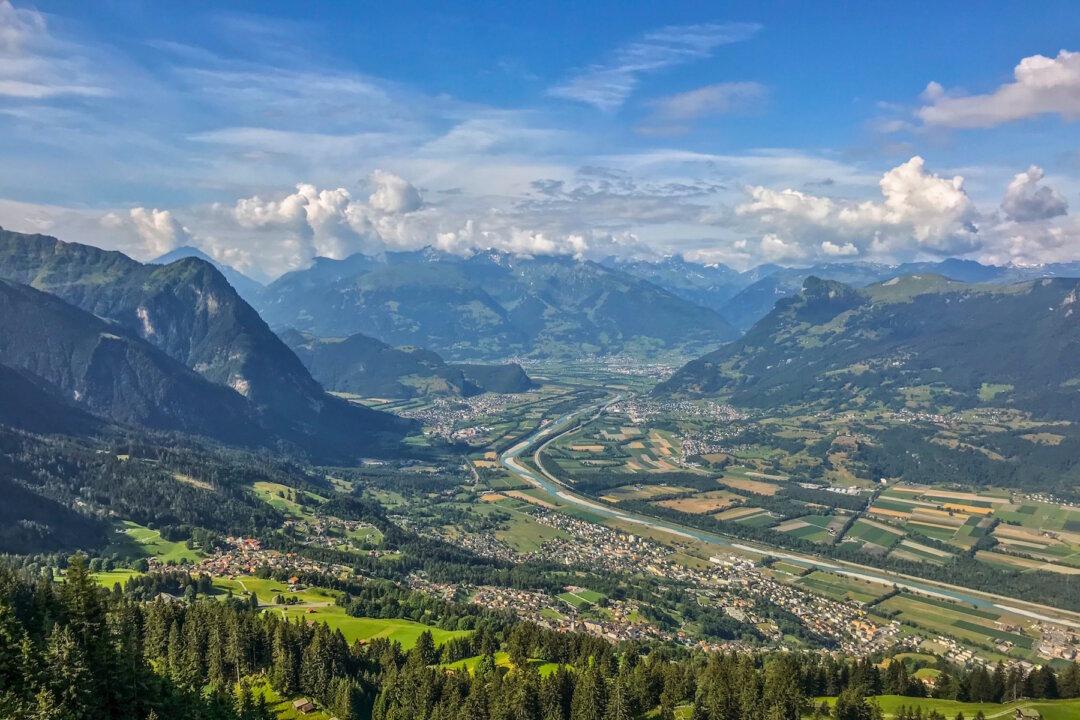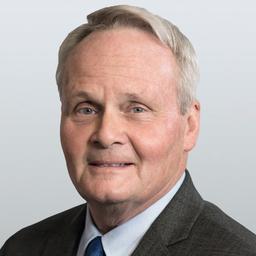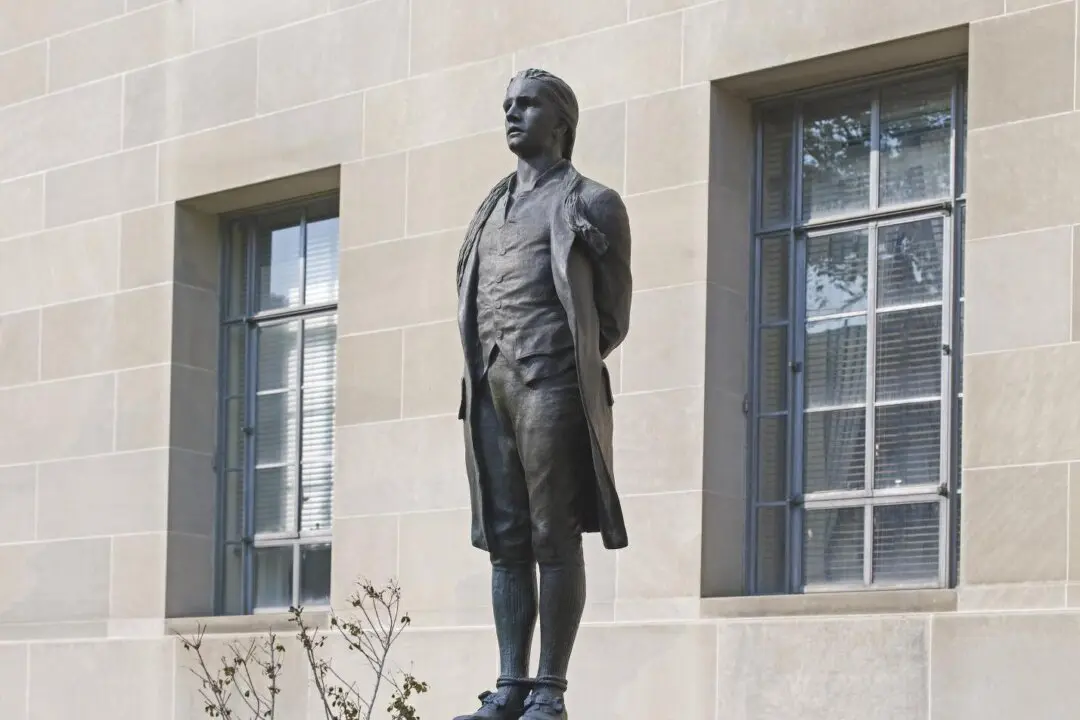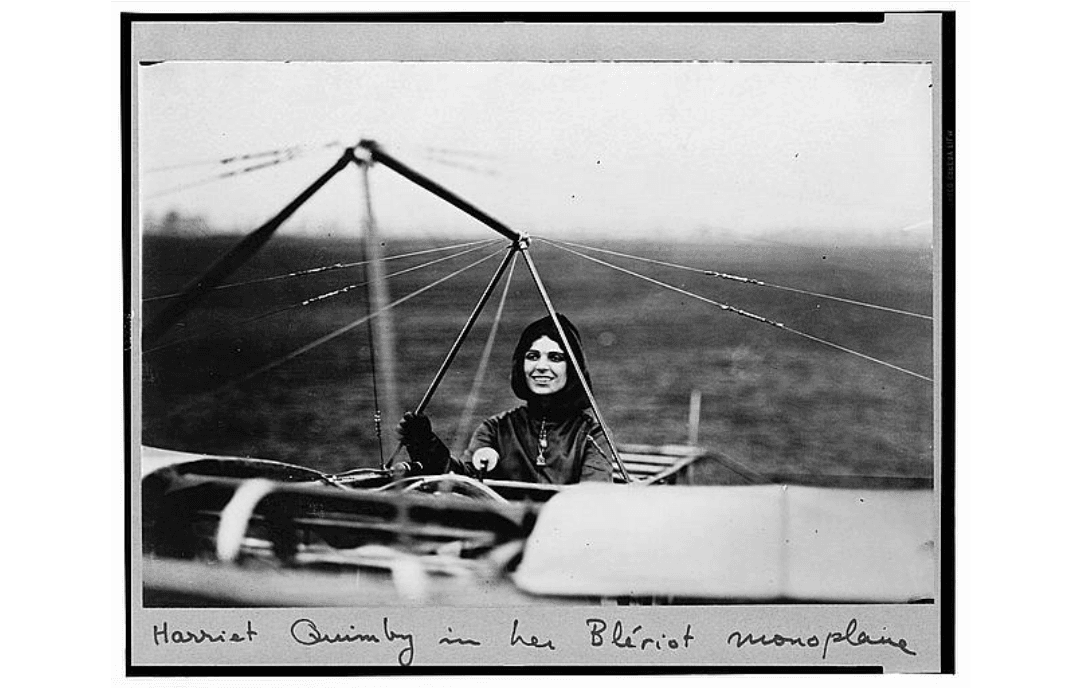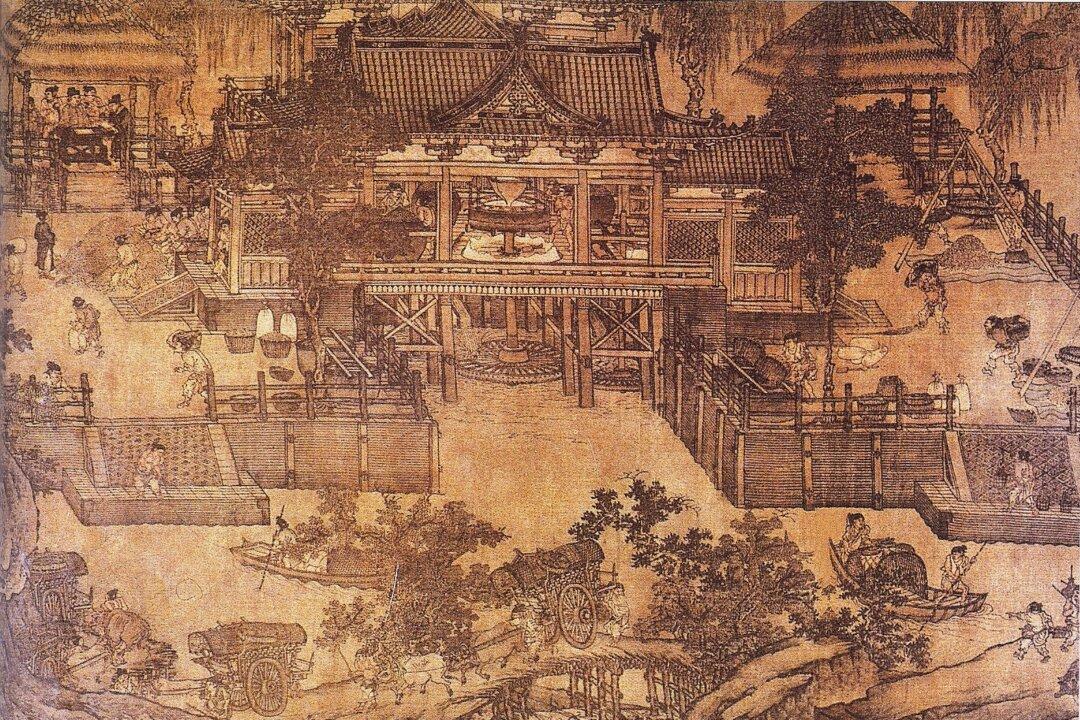What conclusions might you draw from the following statistics?
At about 1,000 people per square mile, the population densities of Haiti in the Caribbean and Burundi in Africa are virtually identical. Yet, Haiti’s gross domestic product (GDP) per capita is four times that of Burundi ($1,100 vs. $264). Still, both are among the very poorest nations in the world and, not coincidentally, they are among the least economically free.

